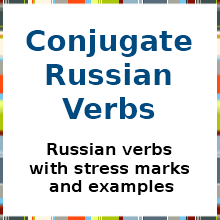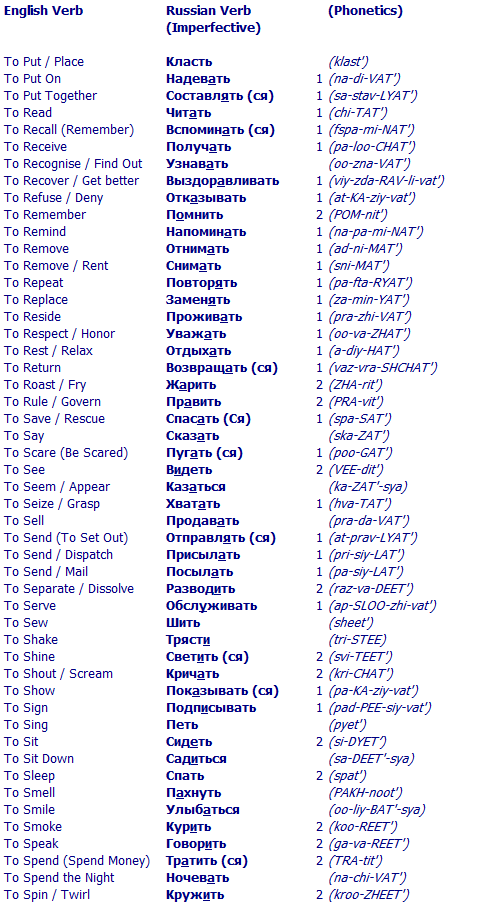That Distinguishes Russian Verbs From
Mandarin Chinese does not have a contrast between voiceless and voiced stops and affricates such as between /p – b/,/ or /ts – dz/, etc.

SLAVIC AND EAST EUROPEAN JOURNAL. VOLUME 61, NUMBER 1 SPRING 2017. EDITORIAL ARTICLES. ANNA A. BERMAN: Lateral Plots: mans and the Nineteenth-Century Russian
Capitalization is the writing of a word with its first letter as an upper case and the remaining letters in lower case.
Zulu (isiZulu) is a southern Bantoid language spoken in the KwaZulu-Natal Province in South Africa (formerly called Zululand). The Zulu people are thought to have

Some languages, including English, have ambitransitive verbs like break, burn or awake, which may either be intransitive or transitive (“The vase broke” vs.



GLOBAL DANCE DIRECTORY Who’s Who in Dance Listing guidelines Please do not confuse between: a) listing in the Directory, which is open and free of charge,
Learn your verb conjugations. Where 14,000+ colleges and 3.5 million users come to learn their verbs.


Russian (Russian: ру́сский язы́к, tr. russkiy yazik) is an East Slavic language and an official language in Russia, Belarus, Kazakhstan, Kyrgyzstan and
English / ˈ ɪ ŋ ɡ l ɪ ʃ / ( listen) is a West Germanic language that was first spoken in early medieval England and is now a global lingua franca.
Jul 20, 2017 · (indefinite personal pronoun) Anyone, one; an unspecified individual or group of individuals (as subject or object). [from 16th c.] 2001, Polly Vernon, The

